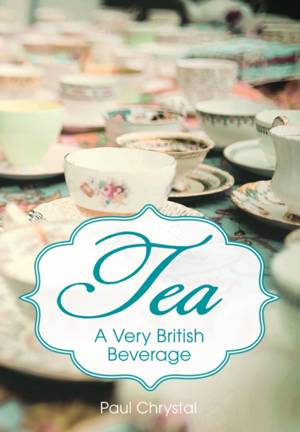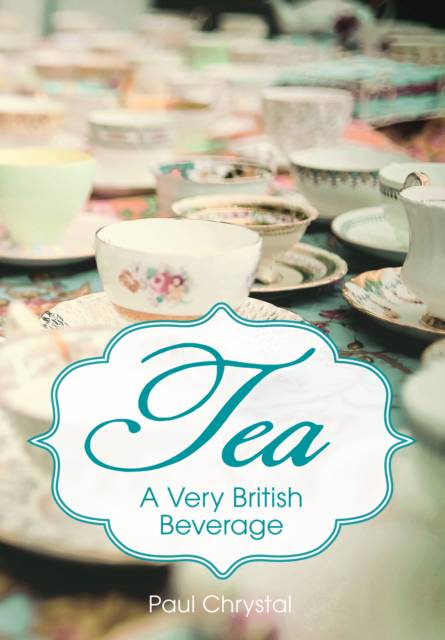
- Afhalen na 1 uur in een winkel met voorraad
- Gratis thuislevering in België vanaf € 30
- Ruim aanbod met 7 miljoen producten
- Afhalen na 1 uur in een winkel met voorraad
- Gratis thuislevering in België vanaf € 30
- Ruim aanbod met 7 miljoen producten
Zoeken
Omschrijving
The ubiquitous cup of tea is as much a part of British life as indifferent weather, the BBC or the queue at the post office. Look at the facts: we Britons drink 62 billion cups per year; 70 per cent of the population (over age ten) drank tea yesterday; over 25 per cent of milk consumed in the UK goes into your cup of tea. Tea, since its arrival here in the seventeenth century, has shaped our lives, our history, our work, our culture and even our bodies. Not surprisingly for a drink that we take throughout the day, every day, there is a fascinating story to tell about its origins and how it took Britain by storm to become our second most-popular beverage after tap water.This book begins with the early history of tea and goes on to chart its development as something quintessentially British with it slowly but surely insinuating itself into our culture, language and society. Our loss of the American colonies, the Opium Wars, female emancipation and victory in the Second World War all owe something to a nice cup of tea.Tea is synonymous with Britain. The story of our intimate relationship with tea is in effect the social history of Britain, reflecting aspects of the nation's trade, manners, fashion, art, drinking habits, industrial legislation, foreign policy, and its health. Like Samuel Johnson, we just can't get enough of it: 'You cannot make tea so fast as I can gulp it down.' So, put the kettle on, and read the amazing tale of tea ...
Specificaties
Betrokkenen
- Auteur(s):
- Uitgeverij:
Inhoud
- Aantal bladzijden:
- 96
- Taal:
- Engels
Eigenschappen
- Productcode (EAN):
- 9781445633497
- Verschijningsdatum:
- 15/10/2014
- Uitvoering:
- Paperback
- Formaat:
- Trade paperback (VS)
- Afmetingen:
- 163 mm x 231 mm
- Gewicht:
- 294 g

Alleen bij Standaard Boekhandel
+ 27 punten op je klantenkaart van Standaard Boekhandel
Beoordelingen
We publiceren alleen reviews die voldoen aan de voorwaarden voor reviews. Bekijk onze voorwaarden voor reviews.











